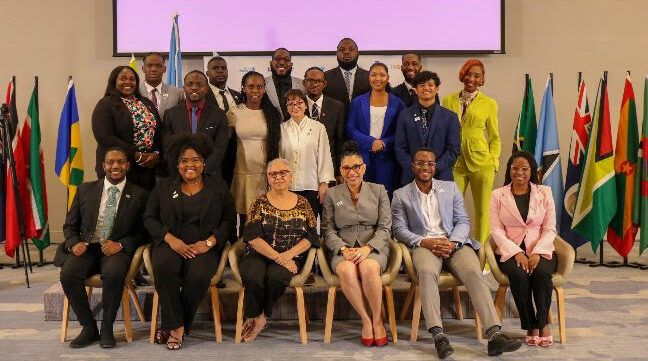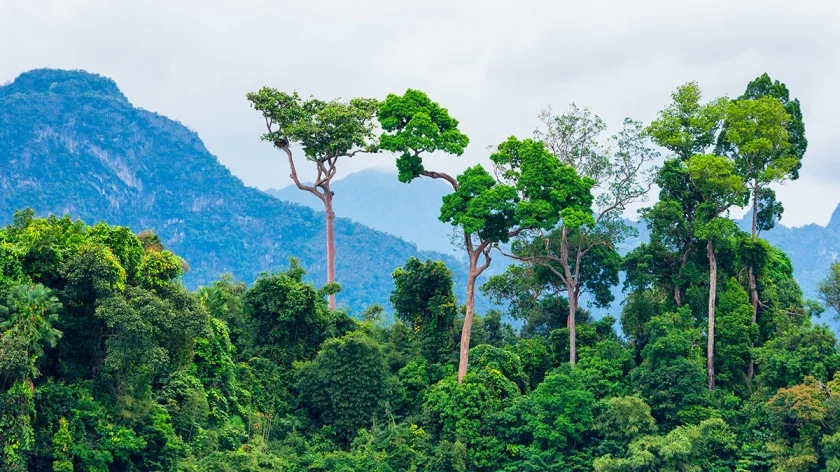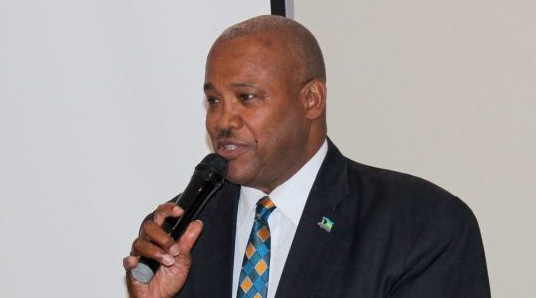This news article is a production distributed through Caribbean News Service. It is made freely available to your media and we encourage publishing and redistribution, giving credit to Caribbean News Service (CNS).
By Dizzanne Billy – CNS Contributor
PARIS, France, Dec 07 2015 – “Developed countries need to listen to us! Africa needs adaptation! Africa needs finance! We need it now!”
This was the strong cry of members of the Pan-African Climate Justice Alliance (PACJA) outside the hallowed negotiation halls at COP21 today. They’re demanding that developed countries do not renege on their financial responsibility as lead emitters. After all, the message that has been reinforced time and again is that no one will be left behind as the world moves toward a sustainable future. Small island developing states (SIDS), least developed countries (LDCs) and landlocked developing countries (LLDCs) face unique problems. Standing at ground zero, the effects of climate change are real and excessively high compared to their capacity to address them.
Speaking in an array of languages and with great fervour, representatives of PACJA indicated that the agreement needs to protect the rights of poor and vulnerable countries most impacted by climate change and provide adequate climate finance to address these impacts. The unfortunate truth is that failure to do this will result in loss of even more lives as the climate situation worsens.
In the second week of climate negotiations, African countries are calling for focus on climate finance for adaptation. This is also a major priority area for Caribbean countries. According to the Minister of Public Service, Information, Broadcasting, Sustainable Development, Energy, Science and Technology of St. Lucia, Dr. James Fletcher, “we need developed countries to reaffirm money toward adaptation. While mitigation is important, adaptation is definitely something that developing countries need to focus on.”
The demonstration is representative of the needs of all developing countries. Loss and damage, adaptation, the 1.5 degree goal, and climate finance are issues which they are holding on to for the survival of their people and they’re also the most contentious topics at COP21. Loss and damage is being poked with a 10 feet pole due to fear of compensation costs and liability. Adaptation is desperately vying with mitigation for mommy’s attention. The 1.5 degree goal is barely keeping its head above water, with fossil fuel companies such as EDF and countries such as Saudi Arabia pulling it down. Finance to address the impacts is severely lacking.
There can be no climate action without the means for execution. The Green Climate Fund, which invests in low-emission and climate-resilient development – must be financed as promised and distributed expeditiously and equally. Developed countries need to realise then, that doing their fair share at home is not enough. Developing countries cannot afford the shift to renewable energy on their own. Finance to enable them to get on the road to full decarbonisation and recover from changes that go beyond adaptation is needed. Therefore, rich countries need see the sense of urgency in the need for finance and the role it plays in the overall goal of full decarbonisation. “There is already so much irreparable damage and we will not allow Africa to become a graveyard for climate change,” stated Sam Ogallah of PACJA.
The sense of abandonment is clear. “We were promised that emission cuts would be strengthened this year, they weren’t. Instead, African countries are saddled with the additional load of paying for a climate debt to which they least contributed,” was the strong proclamation of Augustine Njamnshi, Technical/Political Affairs Char of PACJA.
This week, we can look forward to developing countries negotiating groups and civil society putting up a strong and united fight in the Paris climate talks. Paris must deliver a long-term and all-inclusive agreement that covers global warming at less than 1.5C and reinforces resilience to climate-related disasters. We must see substantial resources and research invested in a low-carbon economy.
(Dizzanne Billy operates in the role of President of the Caribbean Youth Environment Network (CYEN) in Trinidad and Tobago, where she works in the areas of education and public awareness with regard to environment and development issues. She is a climate tracker with Adopt-A-Negotiator and a young advocate for climate change action).




